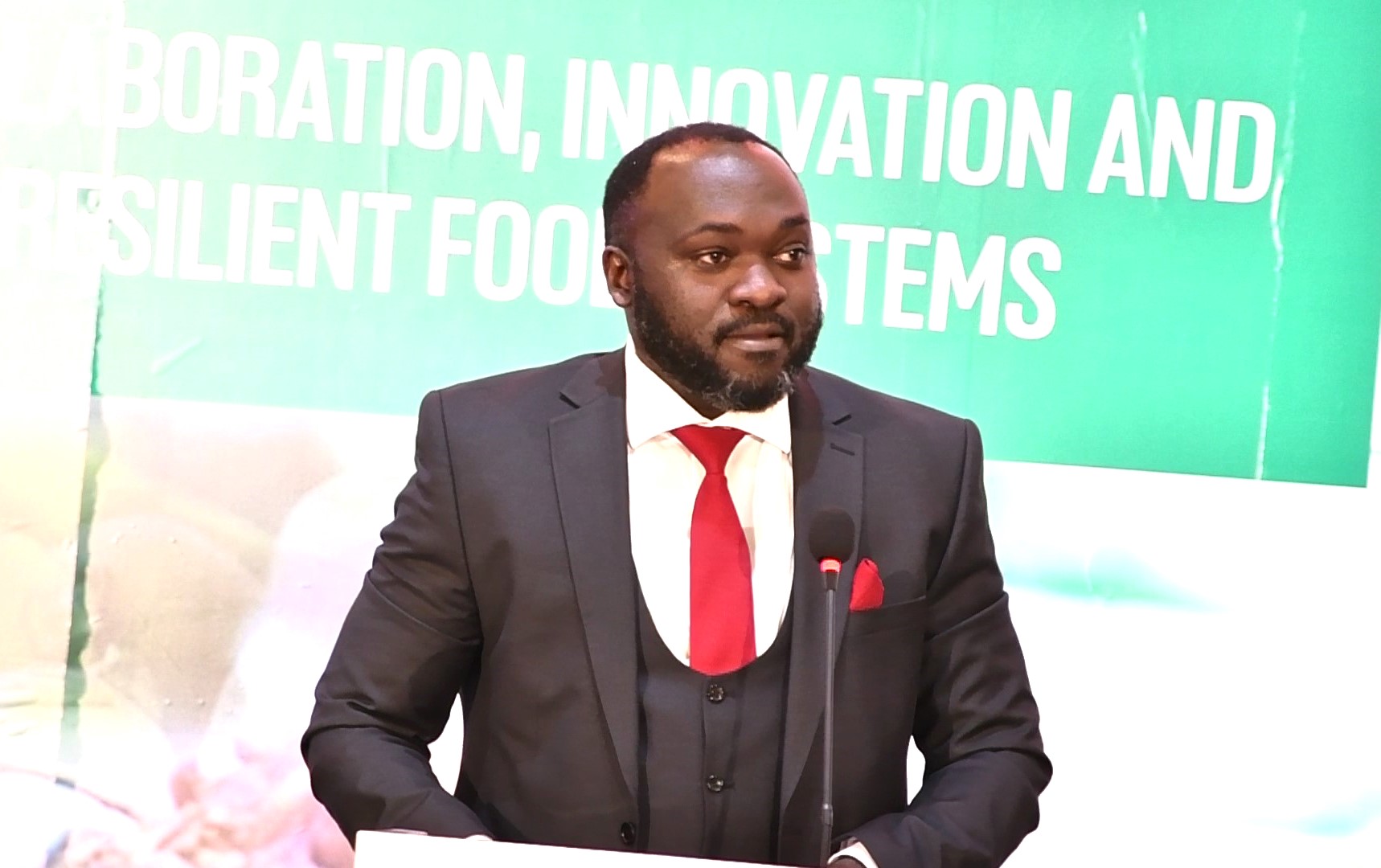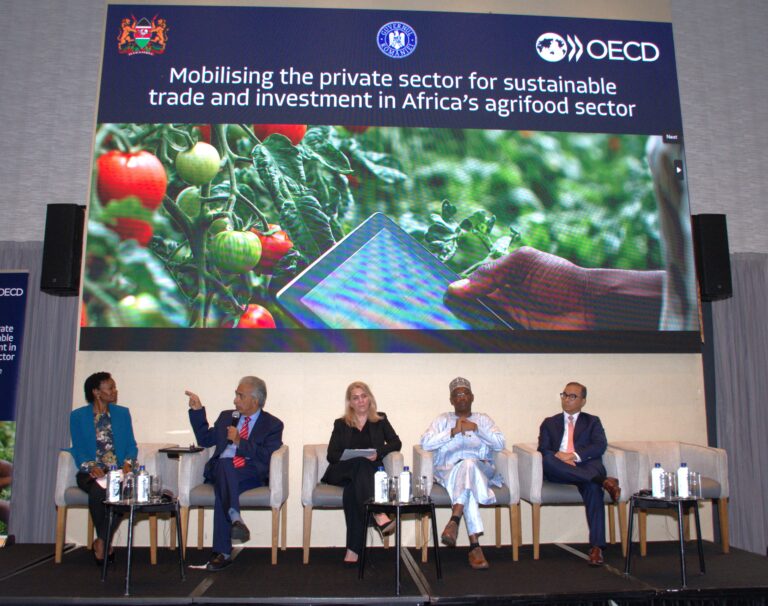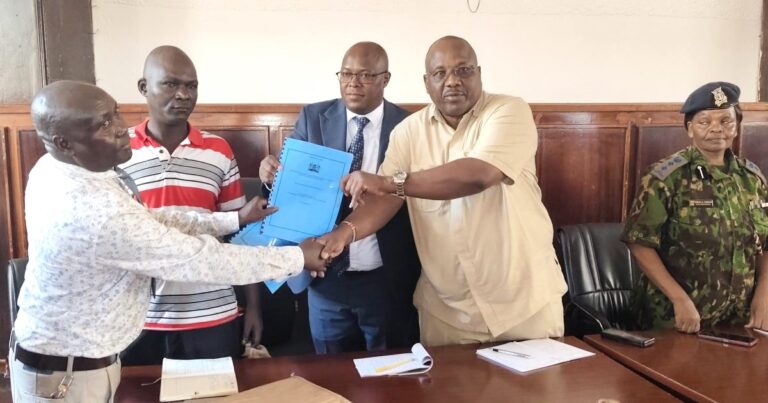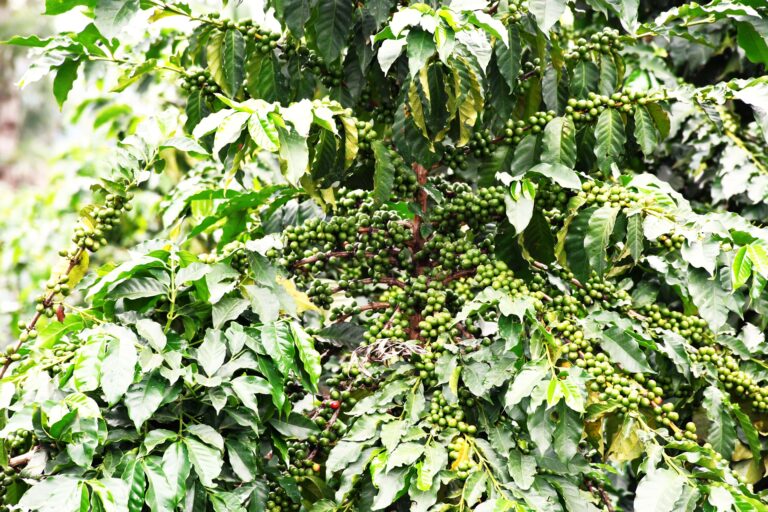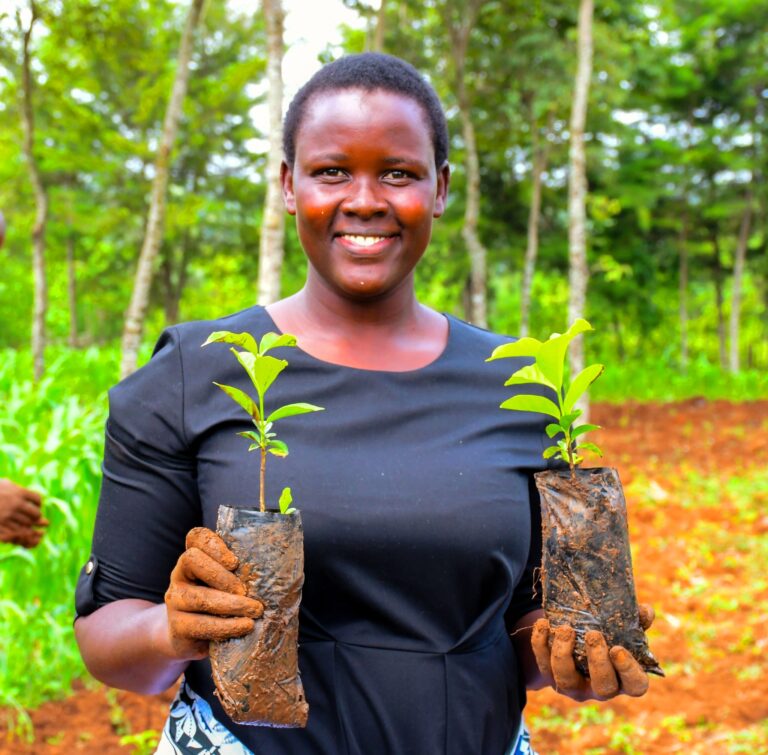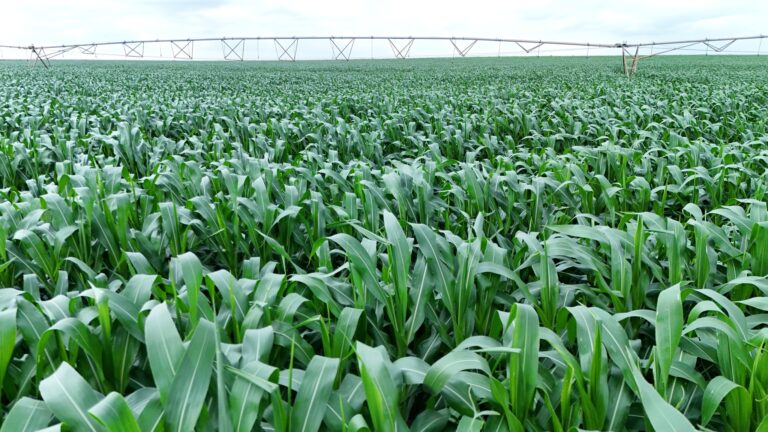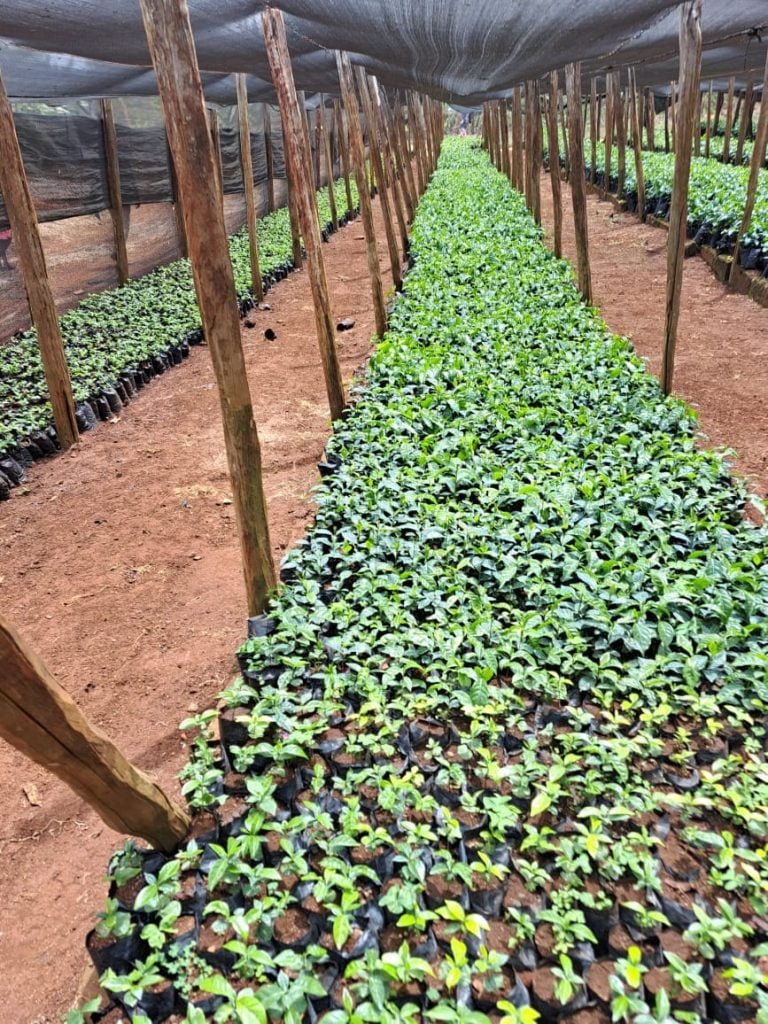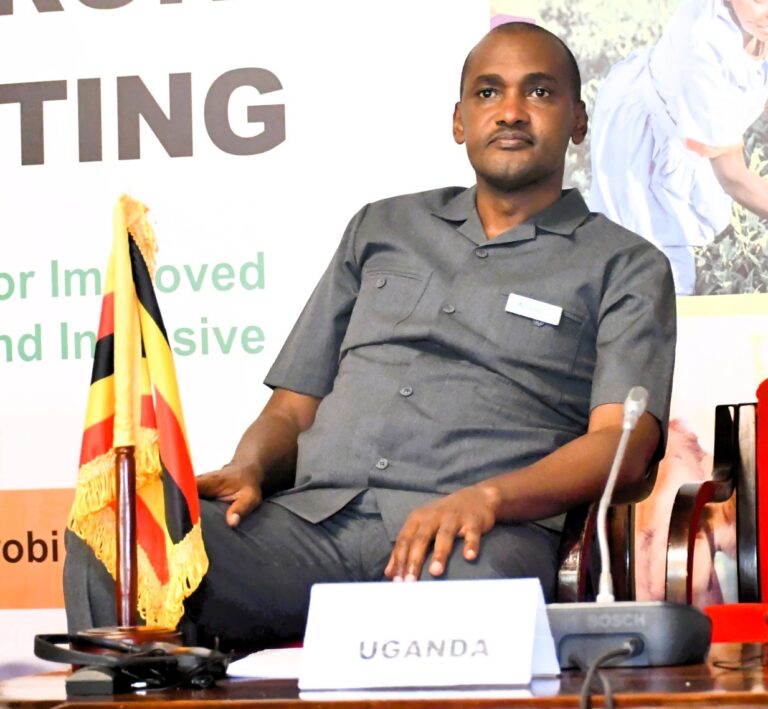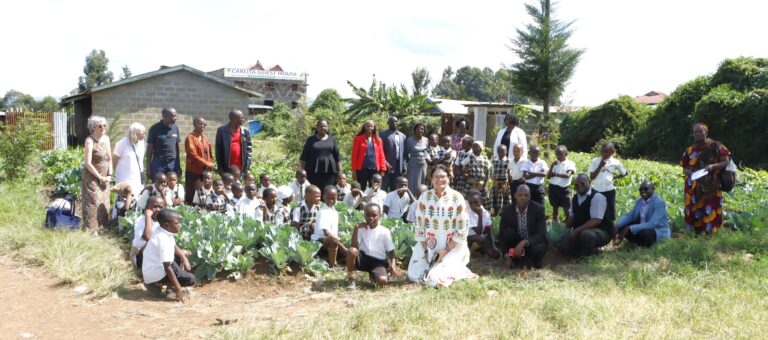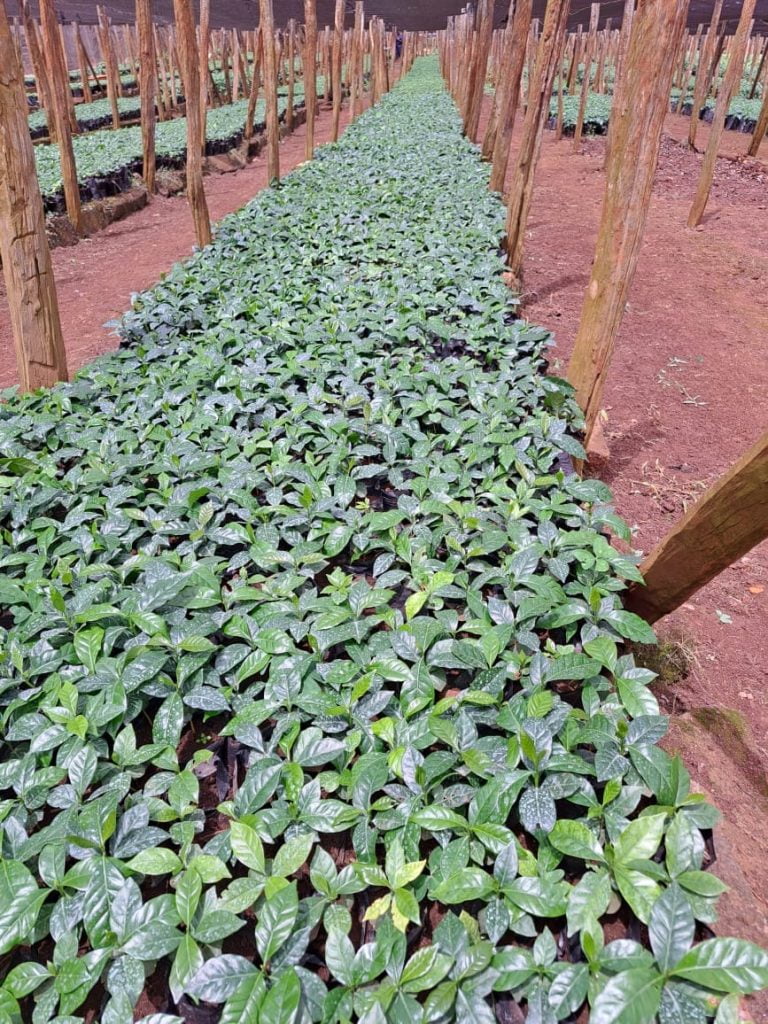The plight of smallholder farmers and their earnings has recently been a hot topic in the country. Some have blamed the current policies and policymakers. Kilimo News writer Kimuri Mwangi caught up with Bungoma Senator David Wakoli Wafula, who is also the Chairman of the Senate Committee on Agriculture, Livestock & Blue Economy, during the recent 2025 National Food Systems Summit.
Here is an excerpt of the interview.
Countries have been challenged to increase their agriculture allocations in their budgets. What are you doing as lawmakers?
What came to our notice as a committee for agriculture at the Senate is that agriculture, as the backbone of this country, has always contributed over 30% of the GDP of this country. But when you look at the budget allocation it has been dwindling over the years and what we recommended three weeks ago when budget estimates were being brought to Senate by various ministries was to ask the government to add more resources to the Ministry of Agriculture because of what returns we get at the end of the day. Because you look at what we get out of wheat, sugar, coffee, or cotton, it is quite a substantive amount of income for this country. When we look at county governments, they allocate less than 5%, which again is not fair, if we have to be food sustainable in this country, and also food as a cash crop.
So, in that regard, we are pushing to encourage both the national and county governments to add more resources in their budgets so that we can have extension services, inputs, disease control, input in terms of technology, and accessibility by farmers and stakeholders to turn around the fortunes of this country. So, we believe we will still have light at the end of the tunnel. We have decided to have a critical look at the functions of the Ministries of Agriculture at the county levels, taking into consideration that various counties are predominantly doing different specialisations.
For example, in the Western Circuit, many farmers are doing sugarcane and maize, among others. When you go to Nyanza, Kano Plains, and Budalangi, we have rice. So, we want to look at what the specific county governments are doing to support farmers in the areas of their jurisdiction.
How much attention are they giving their farmers? Is there public participation? If projects are being rolled out, is there value for money? Can we see a change of lives at the grassroots level? If there are donor funds that are supposed to come to the counties, are those people accountable? Can they show us the projects on the ground, or it’s only on paper that we look at these things? So, we want to turn around the Ministries of Agriculture so that Kenyans can see value for money, good health, a good life, a happy family, and a prosperous Kenya.
Since agriculture is devolved, won’t the County governments say that it is interference from the National government?
There’s nothing like interference. We are not stopping them from implementing anything.
We are simply following what they have said. In every activity, there is always a budget-making process. They do public participation, it’s taken to the floor of the house, the members of the county assemblies debate, the ministers come on the floor to justify or through sectoral meetings to justify what the budget is all about. Then there is the implementation aspect where the executive implements, and the county assemblies ought to oversight.
The reports always come to the Senate. We have to look at them. The public has a right to petition and seek clarification by statement for us to give answers, and that is how democracy is. You cannot have your cake, bake it, and eat it. No. There must be value for money, they must be accountable, and even the scripture says that for whom much is given, much is expected, and that is the rule of the game in the Senate.
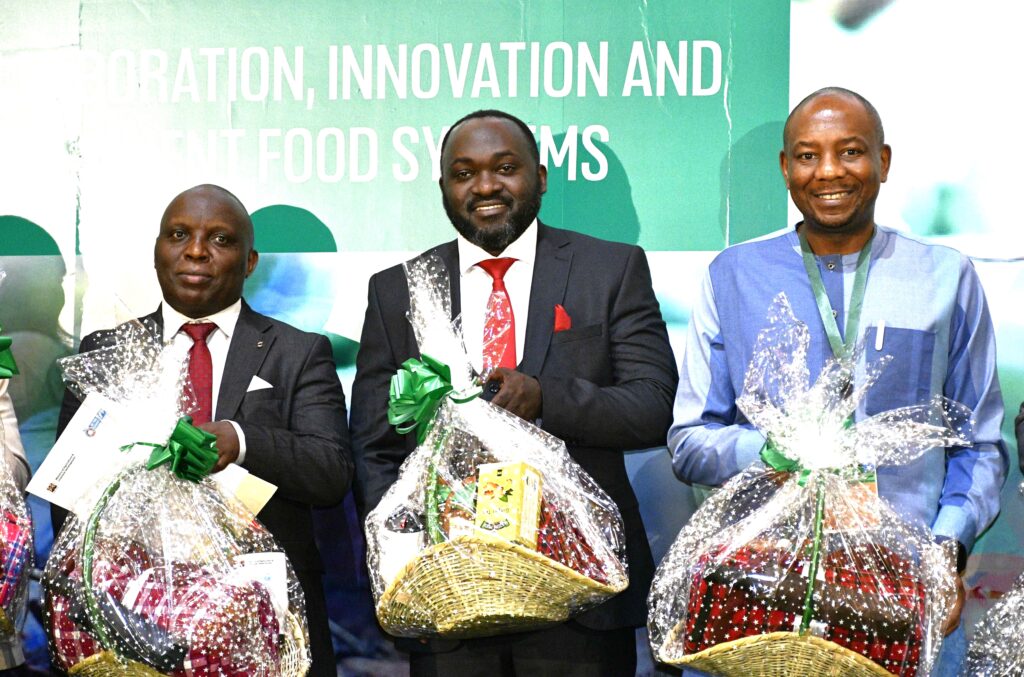
Are there counties that have changed the lives of farmers?
We have counties that are showing some signs of positive moves in terms of turning around the lives of farmers. You know, elevating a person by giving them inputs and all that is an aspect of dealing with food security. Once these people are food secure, their food production turns out to be an economic venture. The excess they can sell to sustain the family. We have seen some slight improvement, but what we want to emphasise is that the billions that are coming are not only for training purposes, trips, and all.
We want direct injection to the people to see that this community, which didn’t have seeds, they gave them seeds, extension services, crop insurance, and then the person is self-sustaining now. In the subsequent years, they should not be given to the same number of people being given inputs here and there. That is not sustainable, but we must see a change.
That’s why you see in government now, we equally recommend that a crop like coffee, when you plant coffee, you must be committed to nurturing the coffee tree so that you now continue harvesting year after year. So, when you come back to check on the projects or the process, you will see some value on the farm because it’s self-sustaining. Now, if you continue giving packets of maize and fertilizer and they simply eat, there is nothing to show that they sold or saved something for the future; it’s a problem. So, we have to combine alleviation of poverty, food security, and income for sustainability. That’s why, even for livestock farmers, we want to see how the insurance works, how new breeds are brought on board, and how the county governments are restocking in terms of food.
Are there food stores for animals during the dry season, and are they prepared? That is how we want to handle this matter. And even the market for livestock, those who do livestock. Now, for the dairy, we want to see value addition.
For the prices of milk, the government is pumping money into cooperatives, and the mother ministry is agriculture. So, there is a way we want to ensure that it is sustainable, and you can see change in the lives of Kenyans, but not the lives of officers of state.
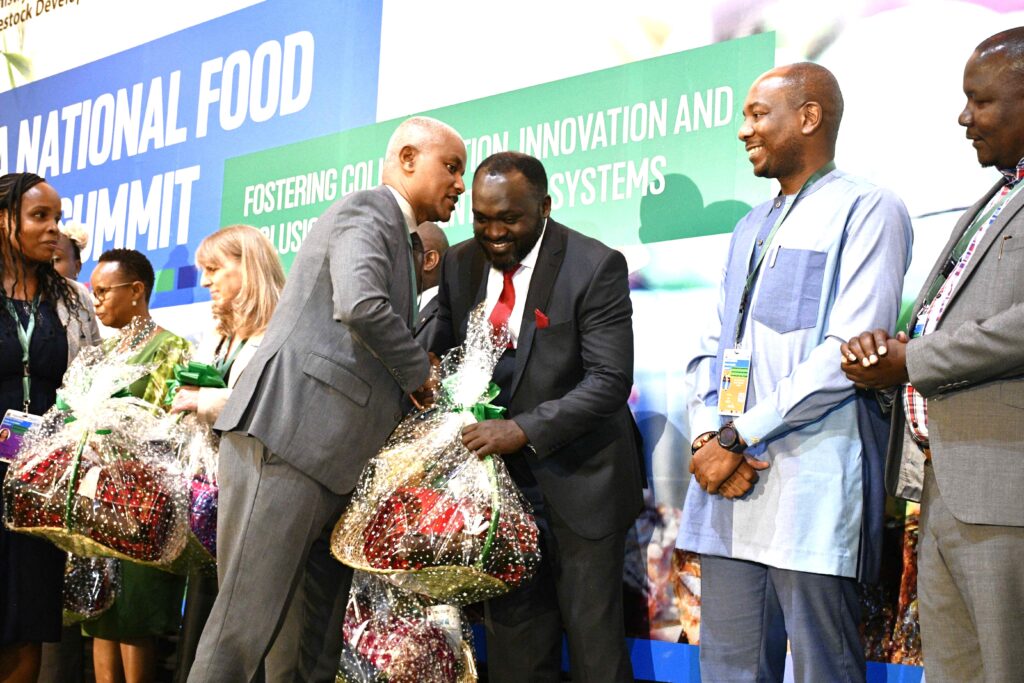
There is a lot of discussion also among coffee farmers and stakeholders, especially on coffee reforms. Where are we?
Coffee is our topic as a committee for agriculture, and we are pushing for reforms. As a committee for agriculture, we went through the submission from the National Assembly on the coffee bill and made amendments. We’ll be tabling it on the floor of the house. If members don’t agree with what came from the National Assembly, we’ll proceed with mediation so that we conclude on that document on the aspects of devolution that must be protected, the rights of farmers that must be protected, and equally, the rights of the key players in the industry.
So, we don’t want any aspect or any party in the coffee industry to feel marginalised or neglected because they must work together. And therefore, the government has been churning out money in terms of cherry fund, and Bungoma has done very well. We are doing over Kshs 500 million per month.
But what we want to see is the price of coffee per farmer at the grassroots level. You can imagine a farmer in a place in Bungoma getting Kshs 21 and another one in Murang’a or Kirinyaga getting Kshs 147. What is the difference? Who is playing games here? Does it mean the coffee from that farmer in Bungoma was too bad to get Kshs 21? So, we want to be keen on the factories and the societies to ensure that the farmer at the grassroots level gets a fair value for their money.
After we finish with the bill, we shall now engage in mobilising farmers to know their rights, the processes of marketing, the processes of production of coffee, and how they can track their coffee from the farm to the factory and to the market.
Some stakeholders feel that the Cabinet Secretary sometimes makes decisions affecting them without consultation. How is that?
The bill will give rise to a new venture in terms of regulations. And it will not be an express right for the minister to do what he wants. There must be stakeholder engagement, and the first beneficiary of focus is the farmer at the grassroots level. And that is what, as a committee, we have kept on reminding the minister and the government. But if the farmer is desperate and does not get value for his coin, then we have no business pumping resources and time into the industry.
What assurance can farmers get from you as the Chairman?
I’m assuring the farmer of Bungoma, the livestock farmer, the sugarcane farmer, that the bill is there. Farmers are preparing to elect new leaders in the sugar board. We have the upcoming leasing of sugar factories, and they have participated. We want to change it not only to be a political bid, but an economic venture for farmers.
We are doing a livestock bill. We’ll be visiting various counties from the 27th to see if things are moving. I just want to assure Kenyans that the committee for agriculture at the Senate is on top of the game. For the wheat farmer in Kajiado and other parts of the country, we will not allow the government to import wheat, yet we have farmers who have wheat and need to sell it at a better price.
We will not allow contracts or agreements that bind Kenya and punish the farmer who is on the ground working. All agreements must favour the Kenyan farmer before they favour anybody else. So, we are ready for the task and prepared to engage stakeholders to turn around the fortunes of farmers in the Republic of Kenya.
The fisheries department is also another one we are watching very closely. They keep on training fishermen. They keep on pumping resources, but what is the turnaround? If you have trained a thousand fishermen, how much would you expect them to harvest? Translate it into income and translate it into livelihoods. That is the discussion we want to engage in.
So, it shall not be a one-way venture. It must be a two-way traffic. You invest, and there must be returns for the government and the people as a whole.


